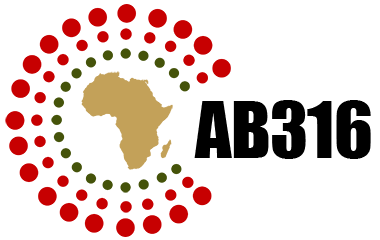Researchers wonder why Neo-Pentecostalism flourishes in places like Sub-Saharan Africa. It would be patronizing and overly simplistic to say that promises of prosperity resonate in regions that have known mostly poverty. There must be a deeper answer underlying the reason why Neo-Pentecostalism flourishes as it does in Africa. I contend that Africans in general have a holistic mindset with which Neo-Pentecostalism resonates in its promises of personal well-being.
First, it is important to understand how this mental framework of Africans, broadly speaking, manifests. By mental framework, I am talking about cognitive processes that transcend ideas or even presuppositions. Noted missiologist David Hesselgrave notes that there is more than oneway of thinking in any culture. In fact, there are three: conceptual(cognition by postulation, i.e., deductive and inductive reasoning); psychical (cognition by intuition), and concrete-relational, in which “life and reality are seen pictorially in terms of the active emotional relationships present in a concrete situation.” E. M. Smith, an anthropologist cited by Hesselgrave, insisted that people of all cultures think in these three ways. The differences in culture are due to the priority given to one or another type of thought. Africans, broadly speaking, demonstrate a concrete-relational cognitive orientation.
This pictorial, concrete vision of all life and reality, then, translates into a holistic perspective of all of life. A conceptual understanding of life dissects reality into parts, compartmentalizing reality into categories at the risk of ignoring the complex interrelationship between them. A concrete-relational vision of reality, however, experiences all of life in an organic whole. Moreover, this cognitive orientation views all facets of this organic whole with emotive, relational bonds.
As a result, this mental framework, when combined with the worldview presuppositions of African Traditional Religion, means that its members seek to live a harmonious life that is in balance with the seen world of daily life and the unseen world of divinities, deceased ancestors, and nature spirits. This emphasis on wholeness considers the concerns of the present day, as in crop yields, fertility, and the health of family members. Neo-Pentecostal promises of health, wealth, and personal blessing address these concerns with empty promises.
In response, evangelical Christians should respond to Neo-Pentecostalism with holistic gospel ministry. Holistic gospel ministry proclaims the truth of end-time salvation even as it demonstrates how the kingdom of God has broken through to present-day realities through ministries of mercy. This dual emphasis resonates with people groups who share this cognitive orientation. Effective evangelism that is faithful to Scripture and sensitive to the existential concerns of listeners should not speak only about the age to come; the gospel also has relevance for today. To augment this both-horizons effort to address the African worldview and cognitive orientation, such an endeavor should adopt a multi-dimensional approach. That means, of course that humanitarian ministries should be a part of the mission strategy. Christian workers should explain why they perform mercy ministries. The answer should be to demonstrate the power of the life-giving message that they proclaim.



